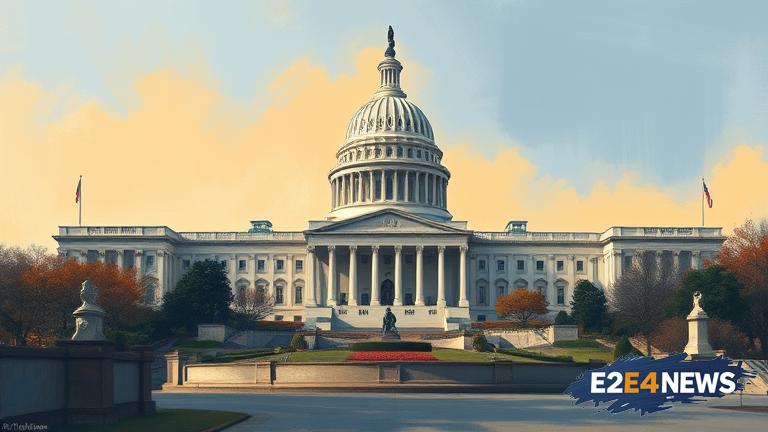The US House of Representatives has made history by passing a bill that would grant statehood to Washington DC, a move that has been decades in the making. The bill, which was approved with a vote of 216-208, would make Washington DC the 51st state in the United States, giving its residents full representation in Congress. This move is seen as a major victory for the residents of Washington DC, who have long been advocating for equal representation in the federal government. The bill would also provide Washington DC with two senators and at least one representative in the House of Representatives, giving the district a stronger voice in national politics. The passage of the bill is a significant step towards addressing the long-standing issue of taxation without representation in Washington DC. For years, residents of the district have been required to pay federal taxes without having a say in how their tax dollars are spent. The bill’s approval is also seen as a major win for Democrats, who have been pushing for Washington DC statehood for years. However, the bill’s fate is still uncertain, as it faces an uphill battle in the Senate, where Republicans have expressed opposition to the measure. Despite the challenges ahead, the passage of the bill in the House is a significant milestone in the fight for Washington DC statehood. The bill’s supporters argue that granting statehood to Washington DC would be a matter of basic fairness and equality, as the district’s residents pay taxes and serve in the military just like citizens in other states. They also argue that statehood would give Washington DC the autonomy it needs to make its own decisions on issues such as education, healthcare, and public safety. On the other hand, opponents of the bill argue that granting statehood to Washington DC would be unconstitutional and would give the district too much power. They also argue that the district’s unique status as the capital of the United States requires special treatment and that statehood would compromise the city’s ability to serve as a neutral hub for federal government operations. The debate over Washington DC statehood has been ongoing for decades, with various attempts to grant the district statehood or some form of autonomy. However, the passage of the bill in the House marks a significant turning point in the debate, as it brings the issue of Washington DC statehood to the forefront of national attention. As the bill moves to the Senate, its supporters will need to muster significant support to overcome Republican opposition and make Washington DC the 51st state. The outcome of the bill’s passage will have significant implications for the residents of Washington DC, as well as the broader issue of representation and equality in the United States. The bill’s approval is also seen as a major test of the Democratic Party’s commitment to addressing issues of inequality and representation. If the bill is successful, it would mark a major victory for the party and would demonstrate its ability to deliver on its promises to its constituents. However, if the bill fails, it would be a significant setback for the party and would highlight the challenges of passing major legislation in a divided Congress.
